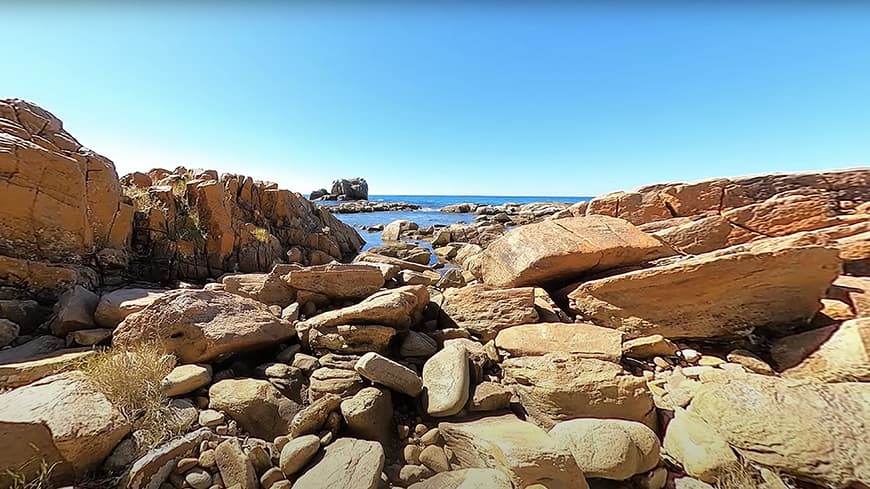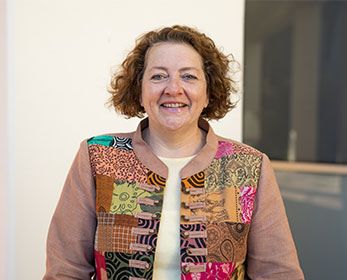Technological advances like virtual reality (VR) could offer residents in aged care homes a viable alternative to outdoor excursions, providing a leisure activity for those with mobility issues or during times when older people are unable to leave residential care.
"Because of their age, frailty or disability, some seniors are basically house bound. VR offers a viable option for enriching the quality of life for older adults in residential care, by reducing boredom and improving their moods," said Edith Cowan University's Professor Davina Porock.
ECU has partnered with Western Australia based artist Mr Christopher Young to develop visual content on areas where residents from a residential care home grew up and lived, incorporating favourite activities and musical interests.
Local musicians and artists were engaged to develop a set of immersive VR experiences featuring these familiar places, which was then presented to residents in the aged care facilities.
"During the VR experience, the residents were quite vocal in their approval. They felt like they were really at that location, and that they could interact with what they were seeing. It was delightful to see how the technology captured their imaginations, and how much they enjoyed the experience," Professor Porock said.
Mr Young said the bespoke content allowed participants the opportunity to reconnect with their personal histories in meaningful ways, while also offering participants the novelty of using new technology.
"It has been wonderful to be able to both offer residents and carers some joy and, also importantly, to support creative practitioners in the South West region," Mr Young said.
"Regional Arts WA funded aspects of the creative production and approximately 20% thereof went directly to the artists involved. This had the added benefit of supporting local creatives during stressful times. It was great to see these two groups united at a project launch event held in Dunsborough in August 2022."
 The bespoke content allowed participants the opportunity to reconnect with their personal histories. Image credit: ZebraFactory
The bespoke content allowed participants the opportunity to reconnect with their personal histories. Image credit: ZebraFactory
VR offers escapism and renewed energy
Professor Porock said that the use of local content in the VR simulation had the potential to prompt memories and generate new conversations with aged care residents, offering an alternative leisure activity.
"Life in residential care can be pretty boring. With staffing the way it is, and with families finding it hard to visit sometimes, there is not a lot of stimulation for residents, even in the best of places.
"VR offers a little bit of escapism that is different from watching television, and which might even prompt more visits from grandchildren if they knew granny had access to VR.
And that again prompts more engagement between the generations, as the seniors would be able to share their stories from the local places shown in the simulation," Professor Porock added.
While overall virtual reality is considered to be a feasible and acceptable leisure activity, Professor Porock noted that future use could consider different modes of video delivery, as the bulky headsets could be problematic for older users.

 During the VR experience, the residents were quite vocal in their approval. Image credit: iStock Unaihuiziphotography
During the VR experience, the residents were quite vocal in their approval. Image credit: iStock Unaihuiziphotography



